
Your unexplained fatigue and bloating could be intestinal parasites feeding off you right now

7 Signs of Intestinal Parasites: What to Watch For and How to Respond
Have you been feeling unusually tired, bloated, or even losing weight without explanation? It may be tempting to chalk it up to stress, age, or diet changes, but sometimes your body is sending you subtler messages. One possible culprit many people overlook is intestinal parasites. These unseen invaders can cause vague, confusing symptoms that mimic more common conditions, which is why they often go undiagnosed for long periods.
In this article, we’ll break down seven signs that might indicate a parasitic infection, how these parasites spread, what treatments actually work, and what precautions you should take—especially if you’re over 50 or managing other medical conditions.
Understanding the Unseen Invaders
When people hear the word parasite, they often imagine tropical jungles or distant countries. But in reality, parasites are everywhere and affect millions worldwide—including in developed countries. They can be picked up from contaminated food, water, soil, or even through close contact with others.
Here are some of the most common intestinal parasites:
-
Pinworms (Oxiuros): Tiny, thread-like white worms. Their hallmark symptom is nighttime anal itching, as the female worms lay eggs while you sleep. They spread quickly through contaminated surfaces like bedding, towels, or clothing.
-
Giardia: A microscopic parasite often found in contaminated water or unwashed produce. It causes foul-smelling diarrhea, bloating, and gas.
-
Ascaris: Larger roundworms that can cause a dry, persistent cough when they migrate through the lungs before settling in the intestines.
-
Tapeworms (Tenias): Acquired from eating undercooked meat, these long, flat worms can cause subtle digestive issues and sometimes lead to nutrient deficiencies.
-
Hookworms (Anquilostomas): These parasites can actually burrow through your skin, often by walking barefoot on contaminated soil. They feed on blood, leading to anemia.
What makes them especially concerning is their ability to live inside the body silently for weeks—or even months—before symptoms become noticeable.
Seven Signs Your Body Might Be Warning You
Parasites don’t always announce themselves loudly. Often, the first symptoms are subtle, vague, and easy to dismiss. But over time, their presence becomes harder to ignore.
-
Unexplained Weight Loss
If your clothes are suddenly looser despite no change in diet or exercise, something could be interfering with nutrient absorption. Parasites often compete for calories and nutrients, essentially “stealing” food before your body can use it. Doctors may initially suspect thyroid issues, diabetes, or even cancer, but parasites are a possibility that should not be overlooked. -
Persistent Abdominal Bloating
Feeling uncomfortably full after small meals? Parasites like Giardia disrupt the gut’s natural balance, upsetting digestion and leading to bloating and excessive gas. This isn’t just about overeating—it’s about your gut being thrown off rhythm. -
Drastic Changes in Appetite
Do you find yourself swinging between extreme hunger and sudden loss of appetite? Parasites can interfere with the body’s hunger hormones, creating mixed signals—like a thermostat that can’t decide if it’s hot or cold. -
Chronic Fatigue and Low Energy
Unlike regular tiredness, this is a deep, lingering exhaustion. Parasites deplete vital nutrients such as iron and vitamin B12, leading to anemia and low energy. It’s as though your body is running on half a tank of fuel all the time. -
Unpredictable Digestive Issues
One day it’s diarrhea, the next constipation. Parasites can disrupt intestinal motility, making your digestive system behave unpredictably. The inconsistency is often more frustrating than the symptoms themselves. -
Visible Signs of Anemia
Pale skin, brittle nails, and hair thinning are outward signs of anemia. Since some parasites consume blood or block nutrient absorption, anemia is a common consequence of prolonged infection. -
Specific “Signature” Symptoms
Some parasites leave clear calling cards. Pinworms cause anal itching, tapeworms may shed visible segments in stool, and roundworms can cause a dry cough as they travel through the lungs. Greasy or shiny stools may suggest malabsorption caused by parasites like Giardia.
When Symptoms Mimic Other Conditions
It’s important not to assume every digestive issue equals parasites. Many other conditions look strikingly similar:
-
Irritable Bowel Syndrome (IBS): A leading cause of bloating, gas, and alternating bowel habits.
-
Food Intolerances: Conditions like celiac disease or lactose intolerance often mimic parasitic symptoms.
-
Microscopic Colitis: Common in women over 50, causing chronic watery diarrhea.
-
Medication Side Effects: Drugs like metformin, NSAIDs, or PPIs (e.g., omeprazole) can all cause GI issues.
-
Bacterial Infections: Salmonella, Campylobacter, or small intestinal bacterial overgrowth (SIBO) often present with symptoms nearly identical to parasites.
Special Considerations for Adults Over 50
If you’re over 50 and experiencing weight loss, anemia, or new digestive changes, it’s critical to rule out more serious conditions like colon cancer. Doctors usually begin with tests such as colonoscopies to eliminate higher-risk causes before considering parasites.
How Parasites Are Diagnosed
Testing isn’t always straightforward. A single negative result doesn’t rule out infection.
-
Stool Samples: Multiple samples on different days are often needed.
-
Tape Test: Effective for pinworms, collecting eggs around the anus.
-
Antigen Tests: Detect parasite proteins directly, more sensitive for organisms like Giardia.
-
Blood Tests & Imaging: Blood counts, ultrasounds, CT, or MRI can help detect more invasive or migratory parasites.
How Parasites Spread
While undercooked meat is one route, many infections come from daily activities:
-
Poorly washed produce fertilized with contaminated soil.
-
Drinking or swimming in untreated water.
-
Walking barefoot on contaminated ground.
-
Pets carrying parasites that pass to humans.
-
Contaminated hands—one of the most common and overlooked sources.
What Treatments Actually Work
Be careful with internet “cures.” While garlic, papaya seeds, or herbs may have some antimicrobial effects, they rarely eliminate established infections.
-
Medications: Approved antiparasitic drugs (like albendazole or metronidazole) are highly effective, often with cure rates above 90%. Correct diagnosis is critical, as different parasites require different medicines.
-
Household Precautions: Treating only one person is not enough. To prevent reinfection, the entire household may need treatment, along with thorough cleaning of bedding, clothing, and surfaces.
Frequently Asked Questions
Can I see parasites in my stool?
Sometimes. Pinworms and tapeworm segments may be visible, but most parasites are microscopic and require lab testing.
Can I get parasites from pets or children?
Yes. Pinworms spread easily among family members, and pets can transmit organisms like Giardia or Toxocara. Regular deworming and handwashing are essential.
What if my symptoms are mild?
Even one persistent symptom deserves attention. It may not be parasites, but identifying the cause early can prevent bigger problems later.
Final Thoughts
Intestinal parasites are more common than many people realize, and their symptoms often overlap with everyday issues like IBS or food intolerances. The key is awareness. If you notice persistent fatigue, digestive changes, or unexplained weight loss, it’s worth consulting your doctor.
The good news is that parasitic infections are usually treatable and preventable. With proper medical care, improved hygiene, and a bit of vigilance, you can protect yourself and your family from these stealthy invaders.
News in the same category


Forget 10,000 steps: Scientists prove 7000 steps gives you ‘almost identical’ life-saving benefits
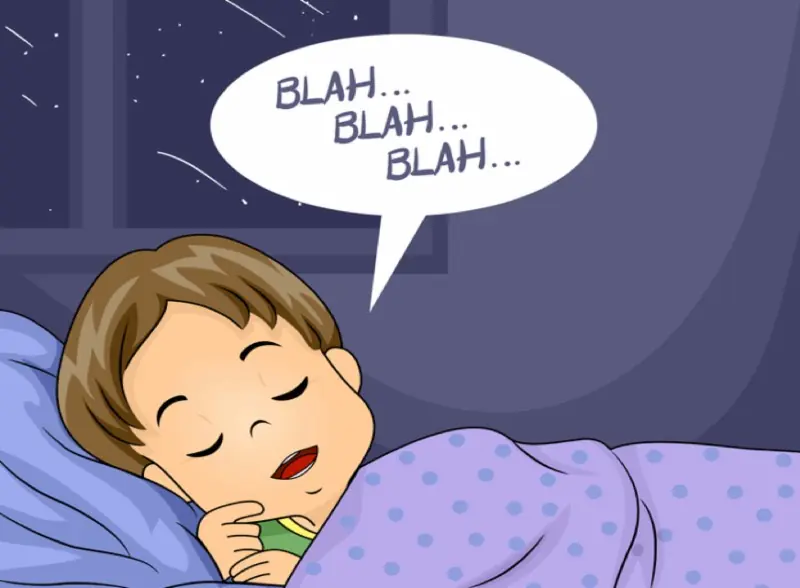
What Is Sleep Talking?

Farting Too Much at Night: Here’s What It Might Mean
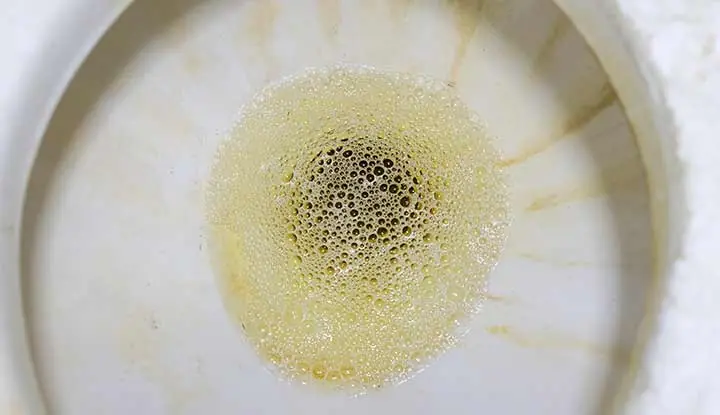
What Foamy Urine Might Be Trying to Tell You

What Sleeping with Your Arms Crossed Really Says About You

How to Kill the Bacteria Causing Heartburn and Bloating
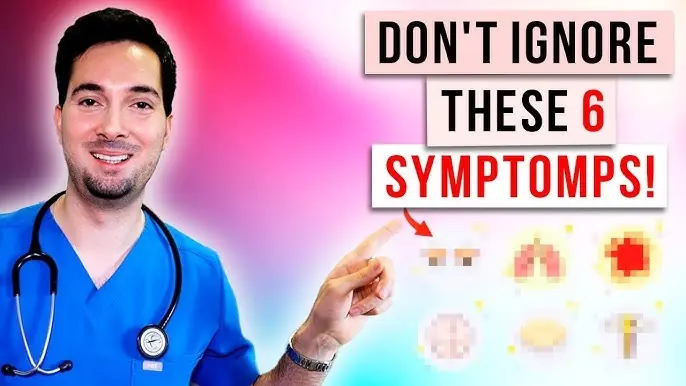
The Hidden Warning Signs of Iron Deficiency—and How to Fix It

Beat a Sinus Infection Fast with These Natural Remedies

What Happens To Your Blood Pressure When You Eat Bananas
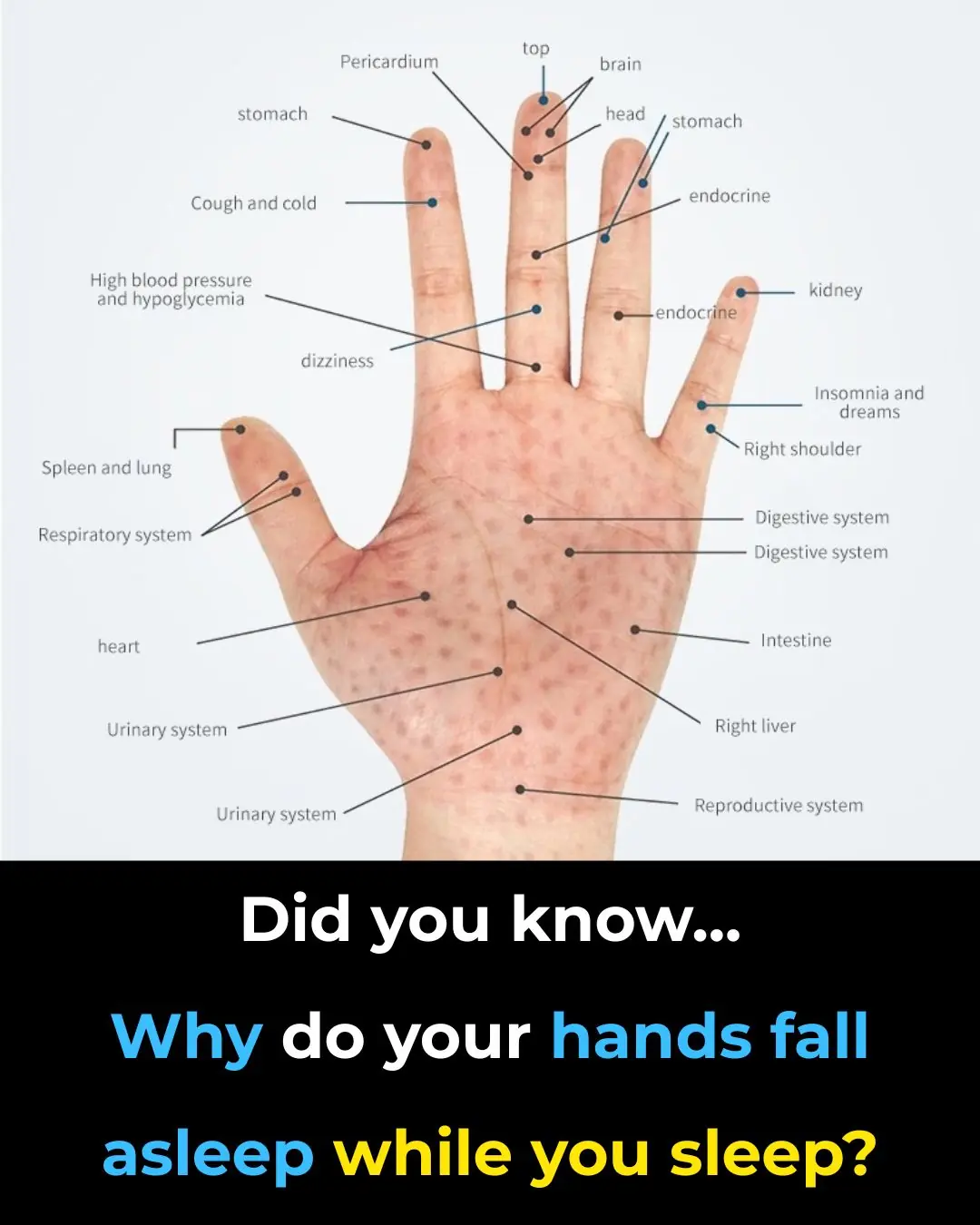
Why Your Hands Go Numb While You Sleep

Reason For Spots On Hands

Here Is What Your Poop Says About Your Health

3 powerful vegetables everyone overlooks (but shouldn’t!)
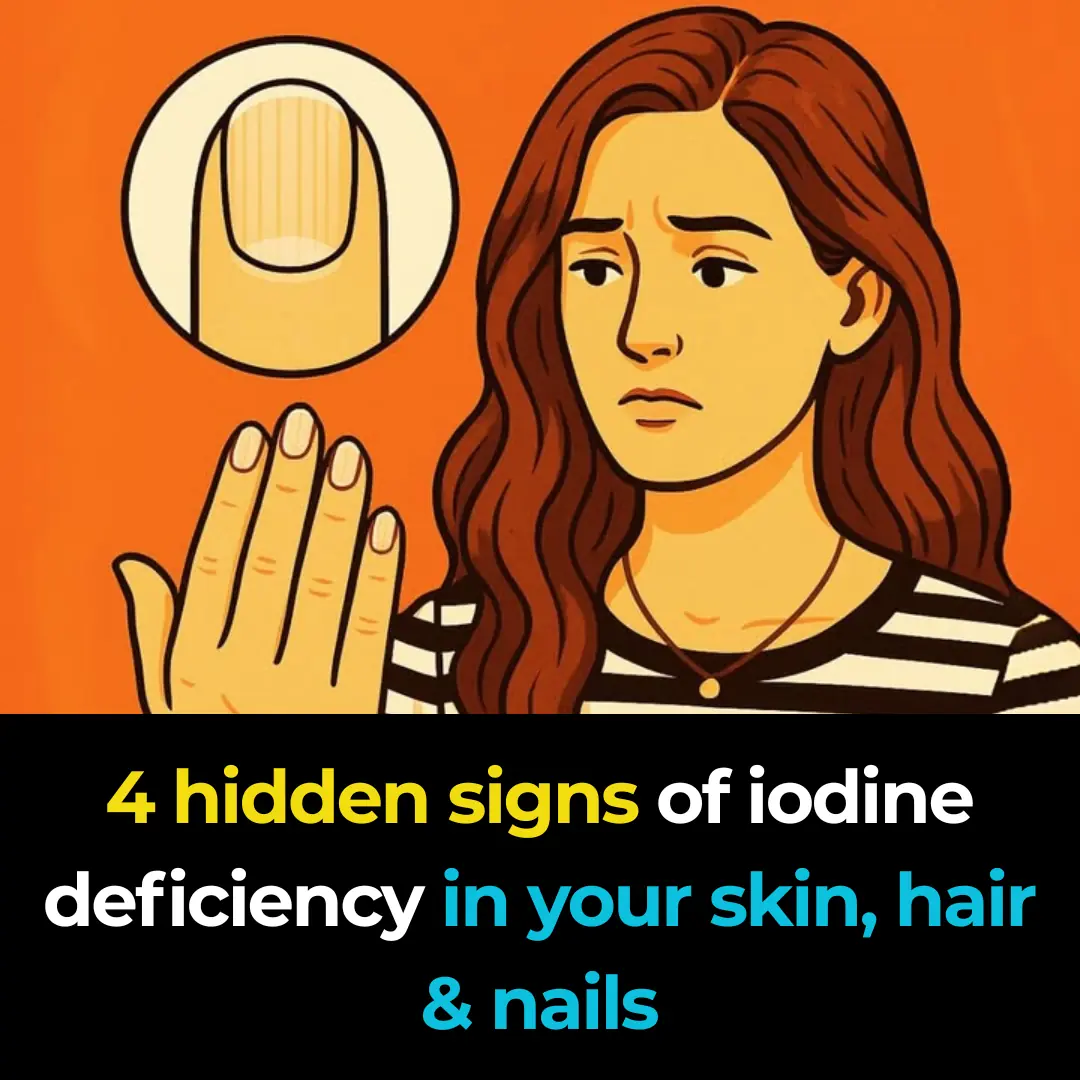
4 hidden signs of iodine deficiency in your skin, hair & nails

The Most Effective Natural Way to Remove Gallstones
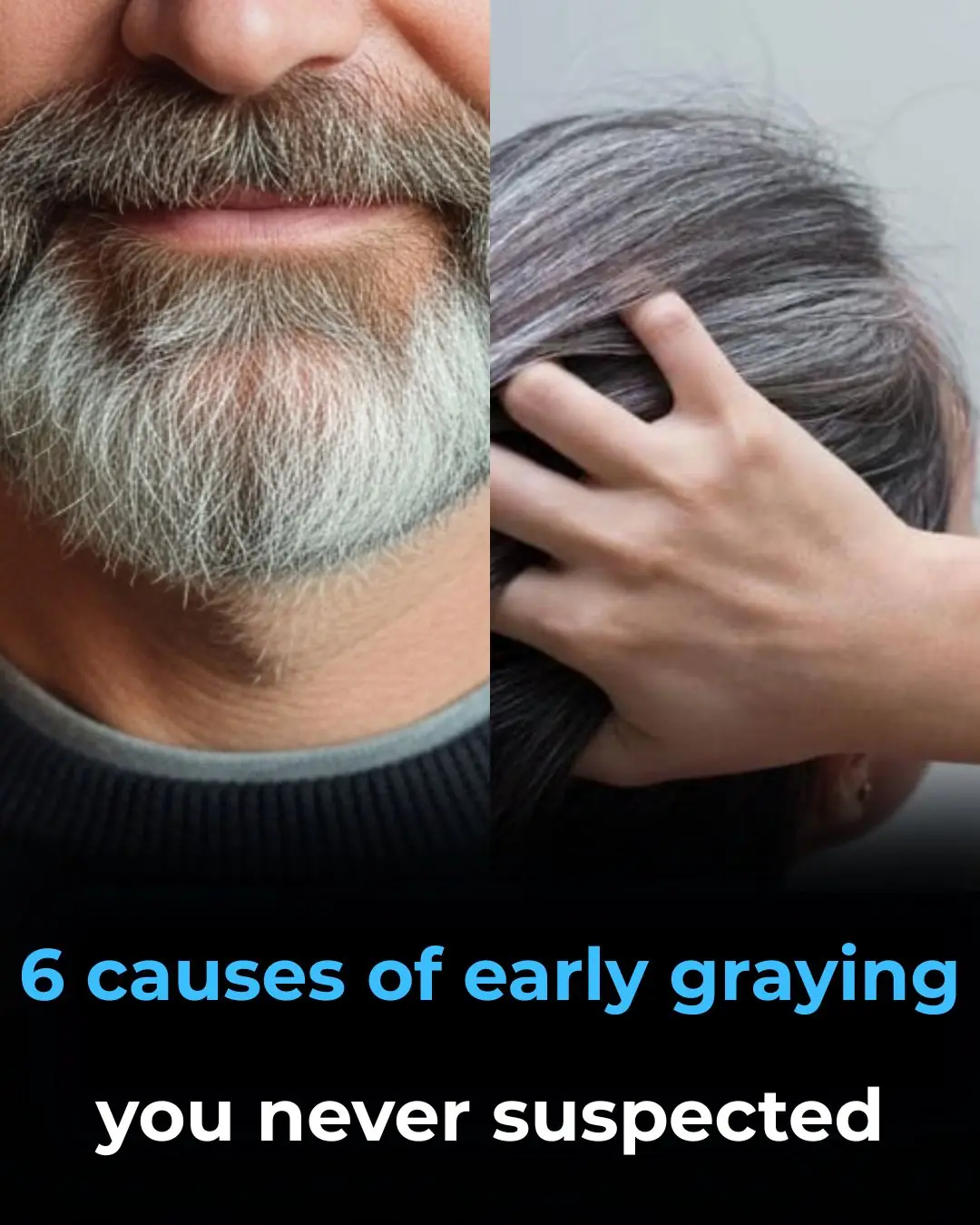
Causes of Early Graying You Never Suspected
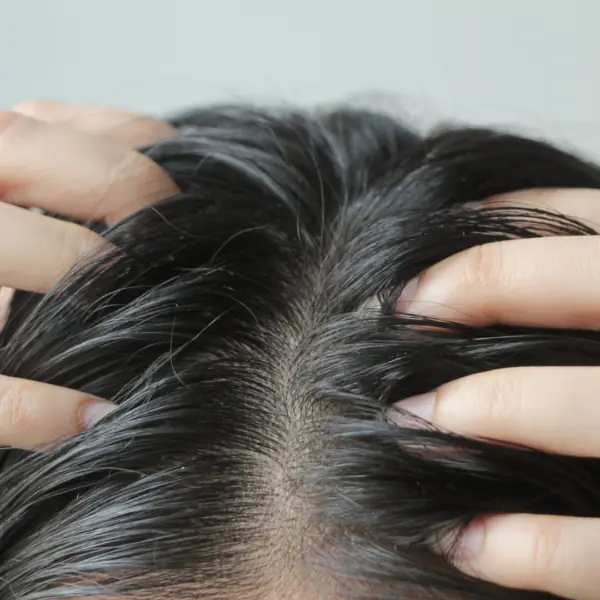
That Persistent Scalp Itch

That Random Stabbing Pain in Your Chest Has Finally Been Explained
News Post

Keep a garlic bulb by your bedside—the ‘golden’ benefits will make anyone want to try it

Throwing away coffee grounds is like throwing away money—these uses for coffee grounds are things every household needs

Soak yellowed pillow inserts in this, and no matter how dirty they are, they’ll come out bright and clean like new

Mix Bananas, Honey and Water: Cough and Bronchitis Will Disappear

Forget 10,000 steps: Scientists prove 7000 steps gives you ‘almost identical’ life-saving benefits

What Is Sleep Talking?

Dandelion roots are the most important part of the plant

Why Is It Not Recommended To Hang Out The Clothes Outside

9 Things About Bledo Blanco (Amaranthus albus)

Farting Too Much at Night: Here’s What It Might Mean

Sleeping Position With Your Partner

What Foamy Urine Might Be Trying to Tell You

What Sleeping with Your Arms Crossed Really Says About You

5 Homemade Turmeric Face Washes for all Skin Type

3-Step Okra Skin Care: Get Rid of Wrinkles, Large Pores & Dark Spots

13 Powerful Leaves That Help Manage Diabetes Naturally

Seasoning powder and monosodium glutamate, which is the most harmful?

CCF Drink For Glowing Skin
